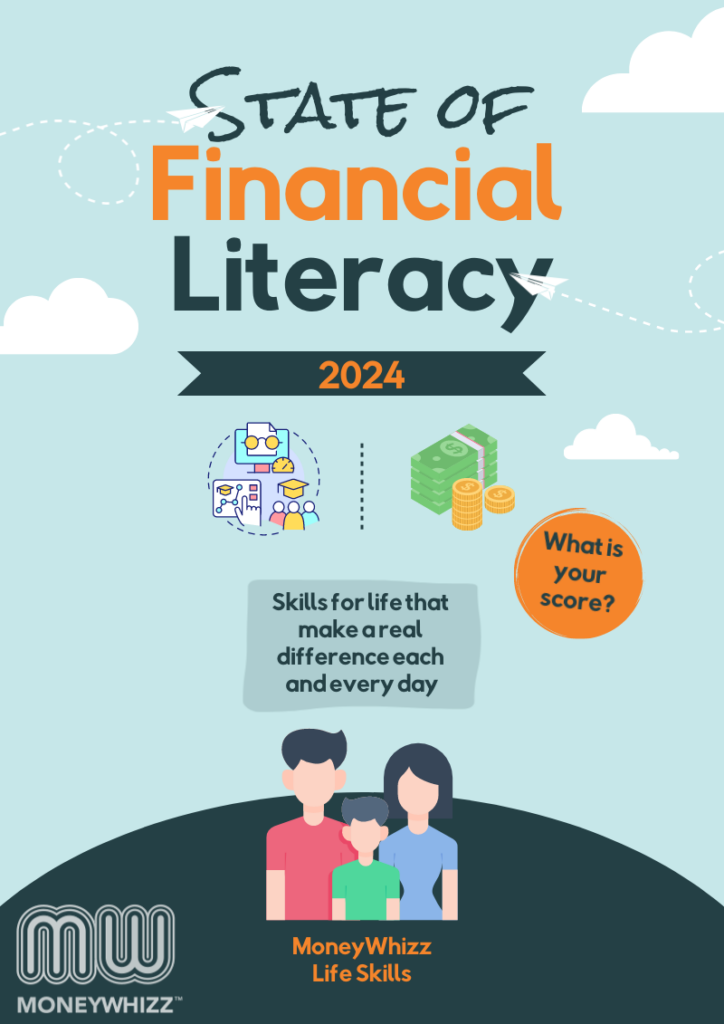
People that participate in work-based financial wellbeing seminars demonstrate a higher rate of financial skills than the general population. This is the key finding of a new survey from MoneyWhizz, an independent financial wellbeing service available through leading employers across Ireland.
As personal financial markets become more complex and more fragmented, having a grounded understanding of how money works is essential.
This latest survey offers some useful insights into the state of financial skills in Ireland. It reveals some very positive situations but also some areas of concern too. In particular, the survey examines, and reveals where consumers currently have some financial skills gaps and how those gaps can impact on financial decisions immediately and into the future.
As people live longer and are likely to require more financial resources into retirement, it is vital they understand their rights and options when attempting to put their money to work during their peak earnings years. This includes a range of steps to build financial resilience and financial skills that will support them in doing this.
Key findings:
- The mean financial literacy score is 79%. The national financial literacy score is estimated to be 55% according to the S&P Global FinLit Survey. A similar survey from a pillar bank reveals a similar result.
- Life insurance – almost one-in-five people (18.75%) confused who would need the highest level of Life insurance.
- Unit-based pricing – more than one-in-ten people don’t understand unit-based pricing in supermarkets.
- Borrowing – of concern, over one-in-six people (17.61%) would borrow money to fund a sale item. This could prove prohibitively expensive if credit cards are used to fund such purchases.
- Financial risk – over one-third would place vital savings in the wrong place in the event it was required at short notice.
- Inflation – half of survey participants failed to correctly identify who is most exposed to the impact of inflation.
Despite this, many people exhibited a strong understanding of other important areas of personal finance. For example:
- A clear majority, 94% understood that stocks are uninsured.
- 93% are aware that pensions offer generous tax benefits.
- And that a fixed rate mortgage offers strong protection against the impact of inflation (90%).
- Of interest, when examined by gender, women had a higher score on the purpose and benefit of unit-based pricing. However, men scored higher on whether or not stocks are insured.
Male and female
Overall, there was no difference between the financial skills of males and females (this is a key finding because in other studies, women were identified as having lower financial literacy scores than men). However, there are subtle differences between women and men, including:
- Men appear to have a better knowledge of investments
- Women appear to have better knowledge when it comes to unit-based pricing
Why financial skills matter
Financial skills are important when it comes to making key life decisions on pension participation, cost comparison on mortgages and other forms of credit and even claiming back tax relief from Revenue.
Speaking about the latest findings, Founder of MoneyWhizz, Mr. Frank Conway added
“Financial literacy in Ireland, on general is lower than it is in many other countries. The reasons for this are not clearly understood but lack of formal financial education probably plays some role. However, what we do know is lack of financial literacy results in people forgoing certain benefits that are available to them. It can mean that people don’t claim back their rightful tax refunds from Revenue. Or, they don’t take full advantage of pension participation. However, where they are guided, and informed, this changes significantly. What the survey also reveals is that even where some people exhibit better financial skills, important factors, including inflation still pose a challenge. This can have a very significant, negative impact on future financial wellbeing“.
END


Comments are closed.